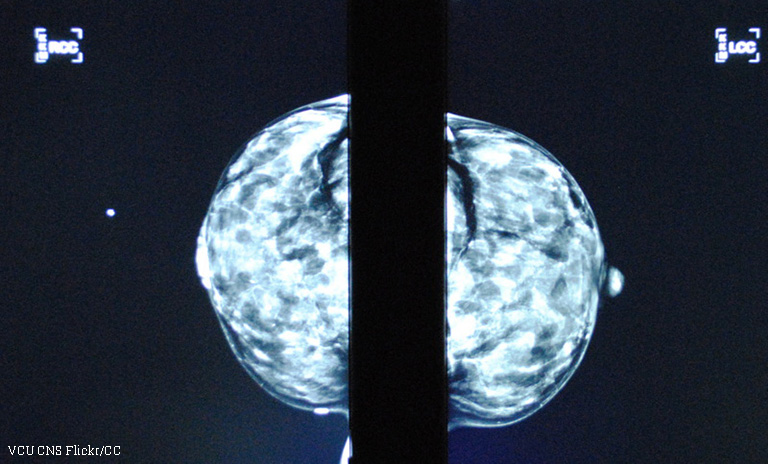UCD leads discovery of potential treatment for aggressive form of breast cancer

Posted November 01, 2016
- New drug could be used to treat triple negative breast cancer
- Current treatment limited to chemotherapy
A new drug could be used to treat one of the most aggressive forms of breast cancer, a research centre based at University College Dublin and St Vincent’s Hospital has discovered.
The drug called APR-246 works by targeting a mutated p53 gene, found in 80% of triple negative breast cancer cases. If successful at clinical trials, the drug has the potential to save lives.
Triple negative breast cancer refers to any breast cancer that does not show the three ‘receptors’ common to most breast cancers. These include estrogen receptors, progesterone receptors and HER2 receptors. The most successful treatments target these receptors.
“At the moment the only form of drug treatment available to patients with triple negative breast cancer is chemotherapy,” said study lead Naoise Synnott, UCD PhD student at the Breast-Predict research group.
“While this will work well for some patients, others may find that their cancer cells don't respond as well as might be hoped to chemo, leading patients suffering the side effects of this treatment without any of the desired outcomes.”
The research was carried out by (opens in a new window)Breast-Predict, an (opens in a new window)Irish Cancer Society collaborative research group. Their findings were published in the (opens in a new window)International Journal of Cancer.
More than 250 people are diagnosed with triple negative breast cancer in Ireland every year and it makes up approximately one in six breast cancer cases globally. It is more common in younger women and is typically one of the most difficult forms of cancer to treat.
Launched in 2013, Breast-Predict is a five-year Cancer Research Ireland collaborative research group. It brings together experts in clinical, translational and population research from across Ireland.
By: Jonny Baxter, digital journalist, UCD University Relations, with (opens in a new window)materials from the Irish Cancer Society






